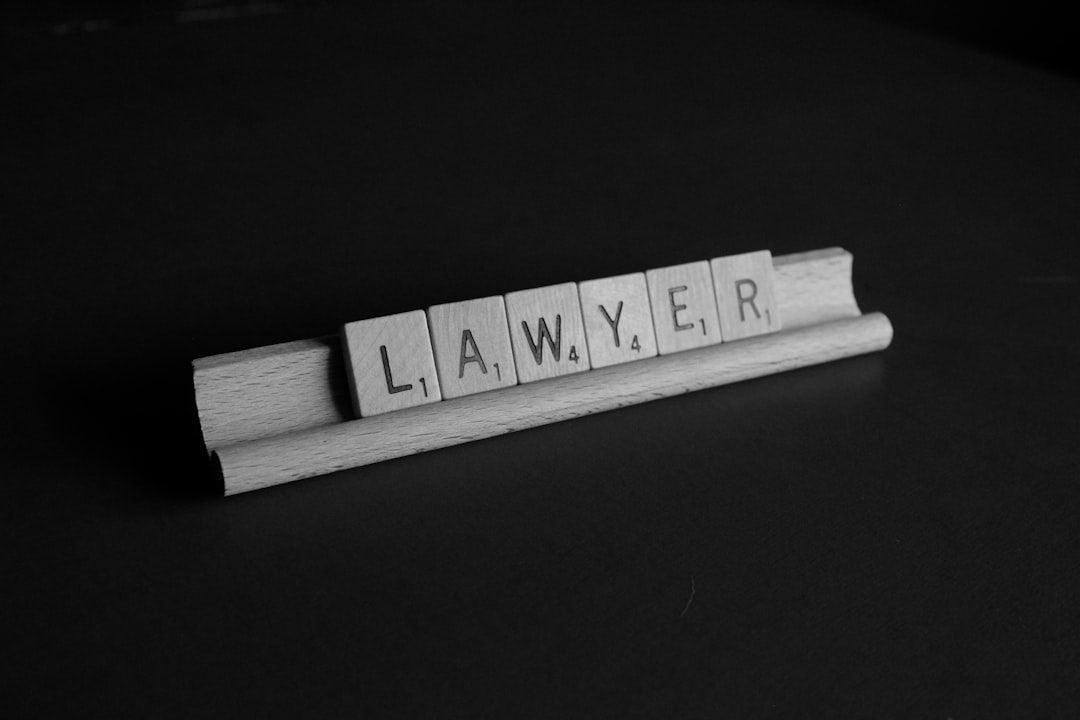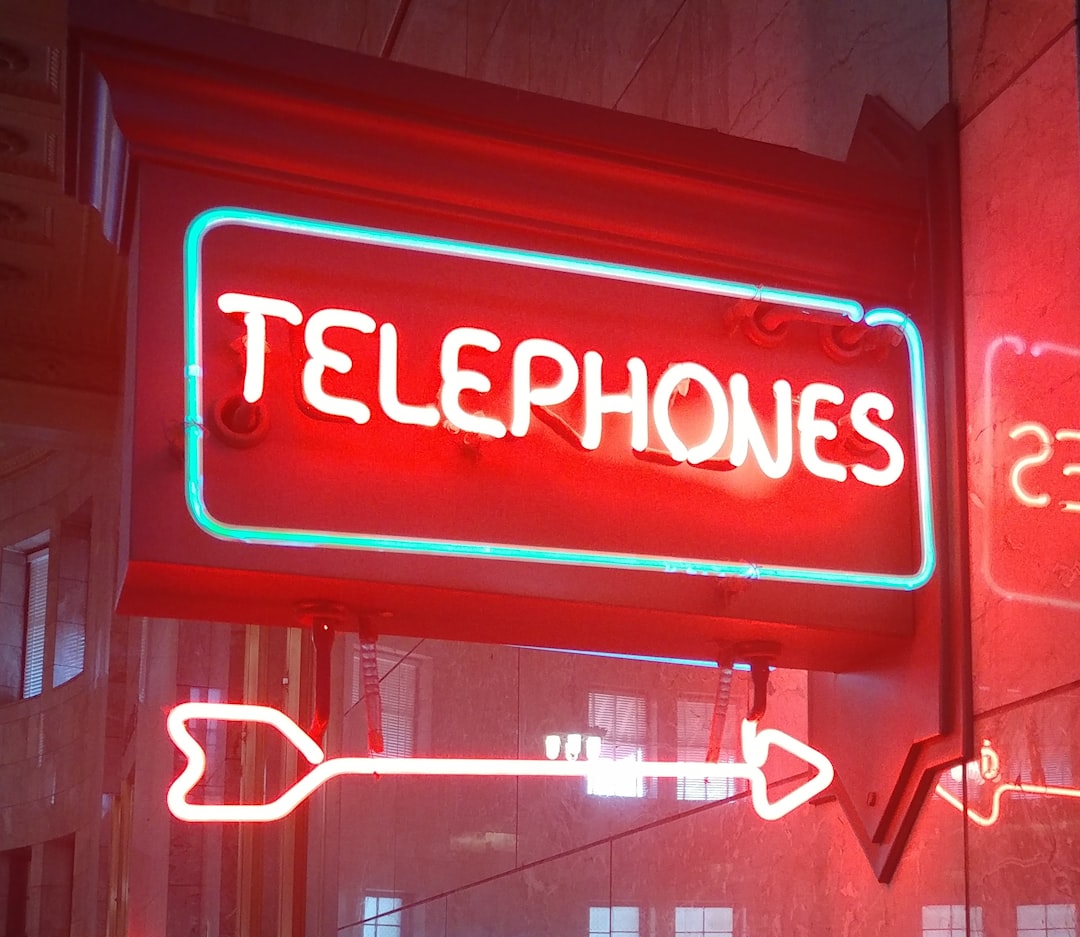In Wisconsin, consumer protection laws, particularly the Unfair or Deceptive Acts (UDAP) statute, prohibit unwanted spam text messages without explicit consent. If you receive persistent unauthorized texts, consult a lawyer for spam texts in Wisconsin to understand your rights and take actions like blocking senders, removing your contact info, or filing complaints with regulatory bodies like the DATCP. Legal action may be necessary against severe violators.
In today’s digital age, unwanted text messages, or spam, can be a persistent nuisance. Wisconsin consumers have legal protections against these intrusive messages. This comprehensive guide navigates Wisconsin’s anti-spam laws and your rights as a consumer. We explore what constitutes unwanted texts under the law and outline practical steps to stop them. Additionally, we provide insights on seeking legal help from a lawyer for spam texts in Wisconsin if your rights are violated.
Understanding Wisconsin's Anti-Spam Laws and Your Rights

In Wisconsin, consumer protection laws, including anti-spam regulations, are designed to safeguard residents from unwanted and deceptive messaging practices. The state’s Unfair or Deceptive Acts (UDAP) statute prohibits businesses and individuals from engaging in unfair, unconscionable, or deceptive acts in the course of trade or commerce. This law specifically addresses electronic forms of communication, such as text messages, and offers consumers certain rights regarding unwanted texts. If you’ve received spam texts, understanding these laws and your rights is crucial.
A lawyer for spam texts in Wisconsin can guide you through the legal options available under state law. These may include sending a cease-and-desist letter to the offending entity or filing a complaint with the Wisconsin Department of Agriculture, Trade, and Consumer Protection (DATCP). The DATCP has the authority to investigate complaints related to spam texts and take appropriate action against violators, ensuring that consumers’ rights are protected.
When Texts Become Unwanted: What Does the Law Say?

In today’s digital age, text messaging has become a common form of communication, but what happens when those messages are unwanted? In Wisconsin, consumer rights regarding spam texts are protected by law. According to state regulations, businesses and individuals are prohibited from sending unsolicited text messages for marketing or advertising purposes without explicit consent from the recipient.
If you find yourself receiving persistent or unauthorized text messages, it’s advisable to consult a lawyer specializing in spam texts laws in Wisconsin. They can guide you through your rights and options, which may include blocking the sender, requesting removal of your contact information from their list, or even pursuing legal action if the violation is severe or continuous. Remember, knowing your rights is the first step towards ensuring a harassment-free digital experience.
Taking Action: Steps to Stop Spam Texts and Seeking Legal Help in Wisconsin

If you’re receiving unwanted text messages in Wisconsin, there are several steps you can take to stop them. The first course of action is to block the sender. Most mobile devices allow you to block numbers directly from your message settings. Additionally, consider contacting your wireless carrier; they may be able to assist or implement filters to prevent future spam texts.
For more severe cases where the messages persist or involve fraudulent or threatening content, it’s advisable to consult a lawyer for spam texts in Wisconsin. Legal action can be taken against the senders under state laws that protect consumers from unsolicited and harassing communications. A qualified lawyer can guide you through your options, which may include sending cease-and-desist letters, filing official complaints with regulatory bodies, or even pursuing legal claims to hold spammers accountable.






